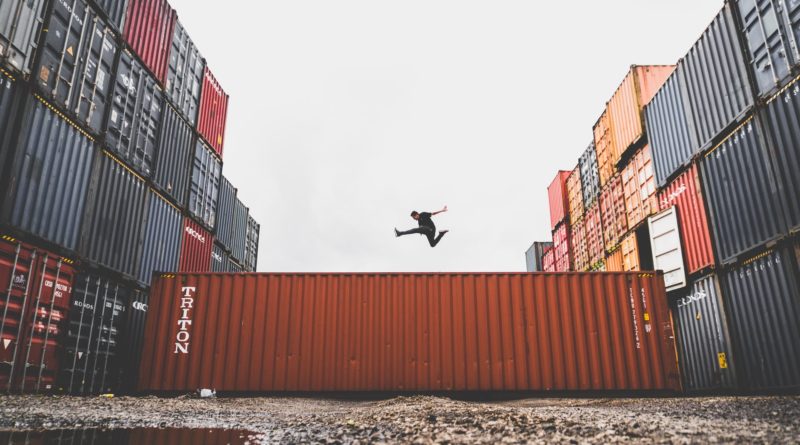Improving SA’s trade barrier score requires correct policy choices
Government-imposed barriers to trade, such as tariffs, duties, and protectionist policies, inhibit the flow of goods and services and hurt low-to-middle income consumers the most. Where trade is more liberalised, people enjoy on average a higher quality of life. These are the insights, amongst others, of the Property Rights Alliance (PRA)’s 2021 Trade Barrier Index (TBI) – launched on 21 October 2021.
Of the countries ranked on the TBI, South Africa came in at 44. The top three countries are Singapore, New Zealand, and the Netherlands. In the section ‘Tariff-Free Trade,’ the African state of Mauritius came in top, better than countries and territories such as Hong Kong, Singapore, and Canada. Hattingh commented, “Mauritius makes it is clear that Africa has the potential to shine as a beacon of free trade and prosperity.”
The TBI – researched and published by the Tholos Foundation – identifies the most direct and indirect trade barriers imposed by 90 countries affecting 84% of the world’s people and 95% of world GDP. The average TBI score in 2021 is 4.01 on a 10-point scale, with 10 indicating the highest use of trade barriers – this represents a 0.5% increase from the 2019 edition, indicating a general uptick in the use of trade barriers. Though the median score remains low, it highlights the fact that heavy use of trade barriers are generally an exception rather than a norm to be tolerated.
The TBI explains that it is “ordinary people and small businesses that drive global trade. The 90 countries in the 2021 TBI house 84% of the world’s population.”
Further, “In the freest range, those with a score reaching 2.99 or lower, only 6 countries with a combined population of 142 million, or 2 percent of the world’s people, enjoy the most barrier-free-trade. In the mostly-free range, with a score between 3 and 4.99, resides 2.5 billion people, or 32% of the world distributed in 71 countries. In the highly protected range between 5 and 6.99 lives 3.8 billion people in 13 countries, including China and India.”
FMF Deputy Director Chris Hattingh, who contributed a South African case study to the 2021 TBI, emphasised that South Africa’s ports and rail infrastructure ought to be improved, referring to South Africa’s poor performance on the World Bank’s Container Port Performance Index. “Out of 351 facilities, the Index ranked Cape Town at 347th; Port Elizabeth at 348th; Durban at 349th; and Ngqura at 315th,” Hattingh said.
But port improvements alone are insufficient, Hattingh adds. “Such improvements must take place within the context of labour market reforms, electricity generation and distribution liberalisation, and the protection of property rights.”
The Department of Trade and Industry’s localisation master plans will not improve South Africa’s lot on the TBI. Hattingh explains: “Tinkering with supply and demand, and providing subsidies to some companies – as the Localisation Master Plans intend – will not bring about the growth and robust, integrated supply chain growth that the country and the wider sub-Saharan African region needs heading out of COVID-19.”
Only by conscientiously adopting the Africa Continental Free Trade Area, and improving its ranking on the TBI, can South Africa acquire the necessary goods, services, and skills from abroad that it needs to be a competitive economy. “We need to implement pro-growth and job creation trade reforms – such as lowering tariffs, and eliminating corruption at ports of entry – and resist the temptation of protectionist, anti-poor policies such as government-enforced localisation,” Hattingh said.
The data of the TBI show “a clear relationship between the freedom to trade and other coherent and complimentary policy choices that lead to greater levels of freedom and prosperity.” The TBI explains that reducing trade barriers allows ideas to be exchanged freely and reduces the power of the well-connected to lobby for restrictions that benefit them at the expense of the other market players.




